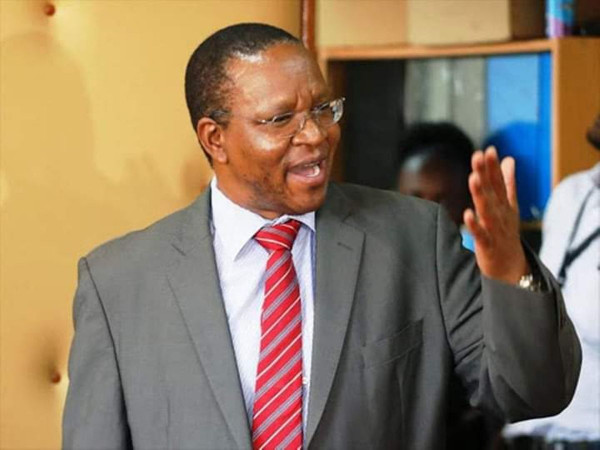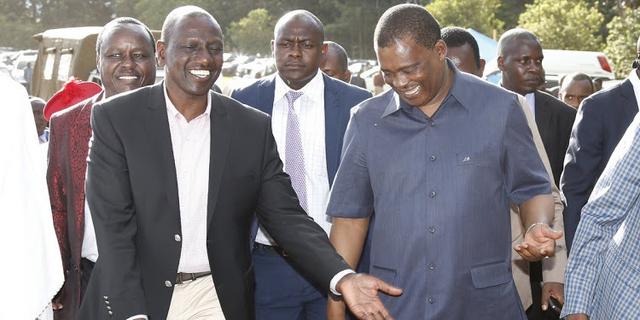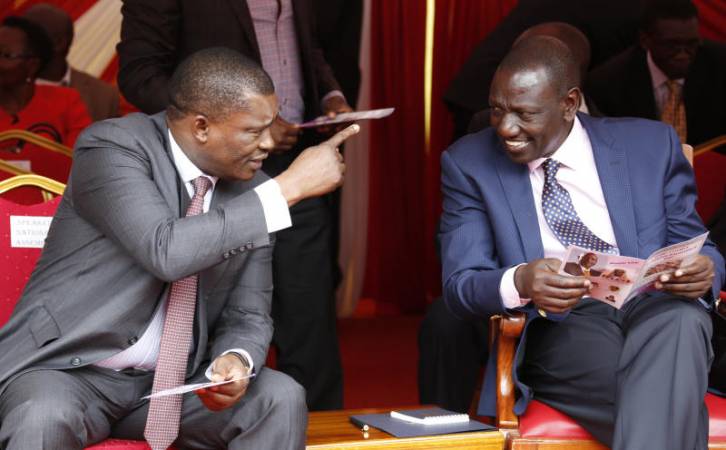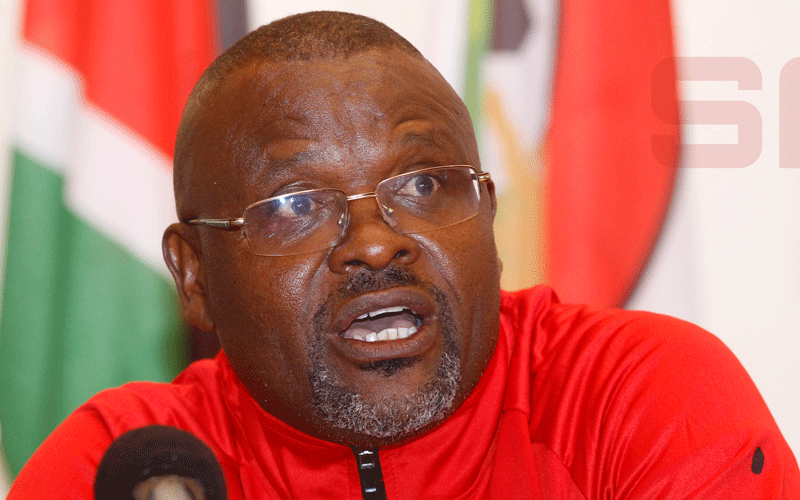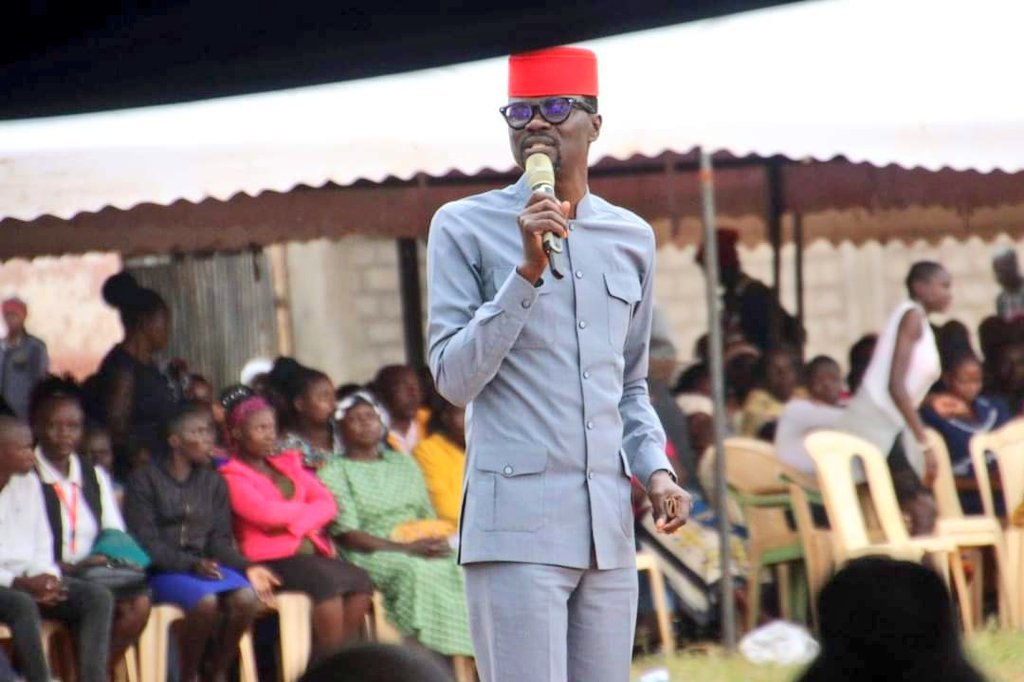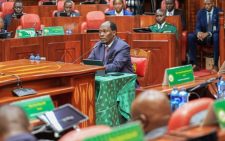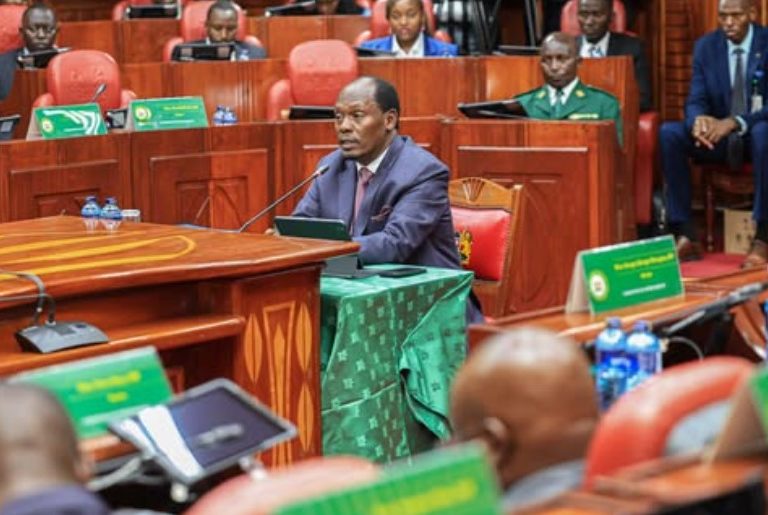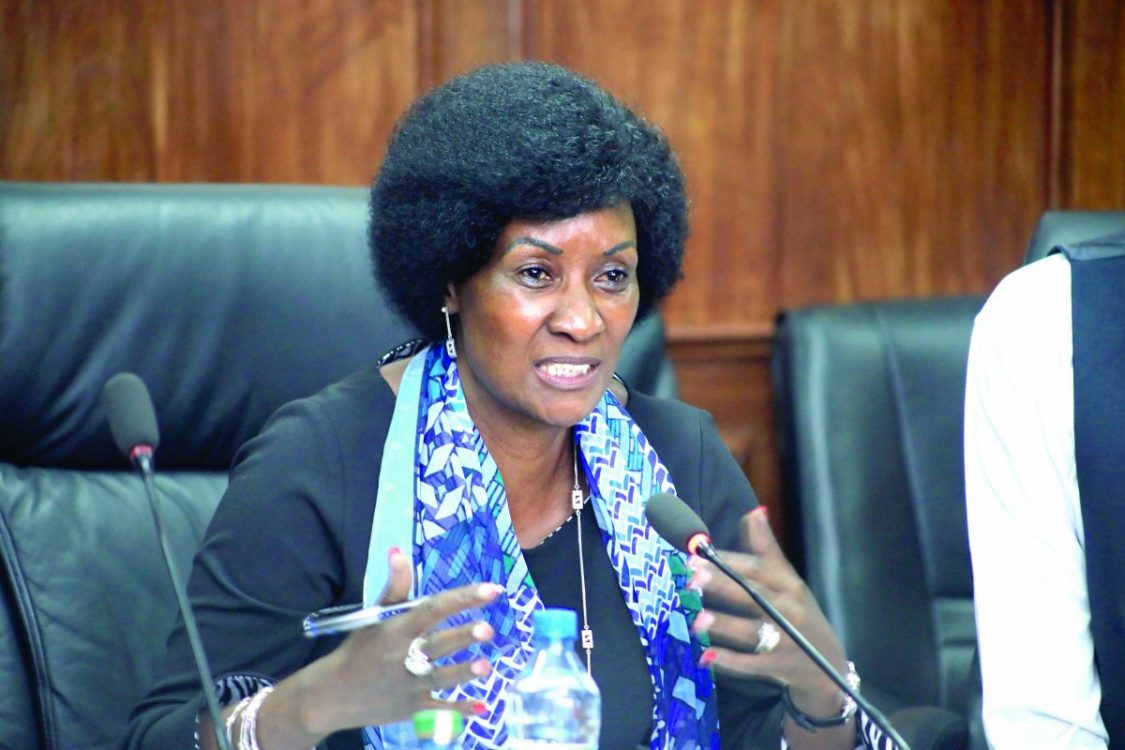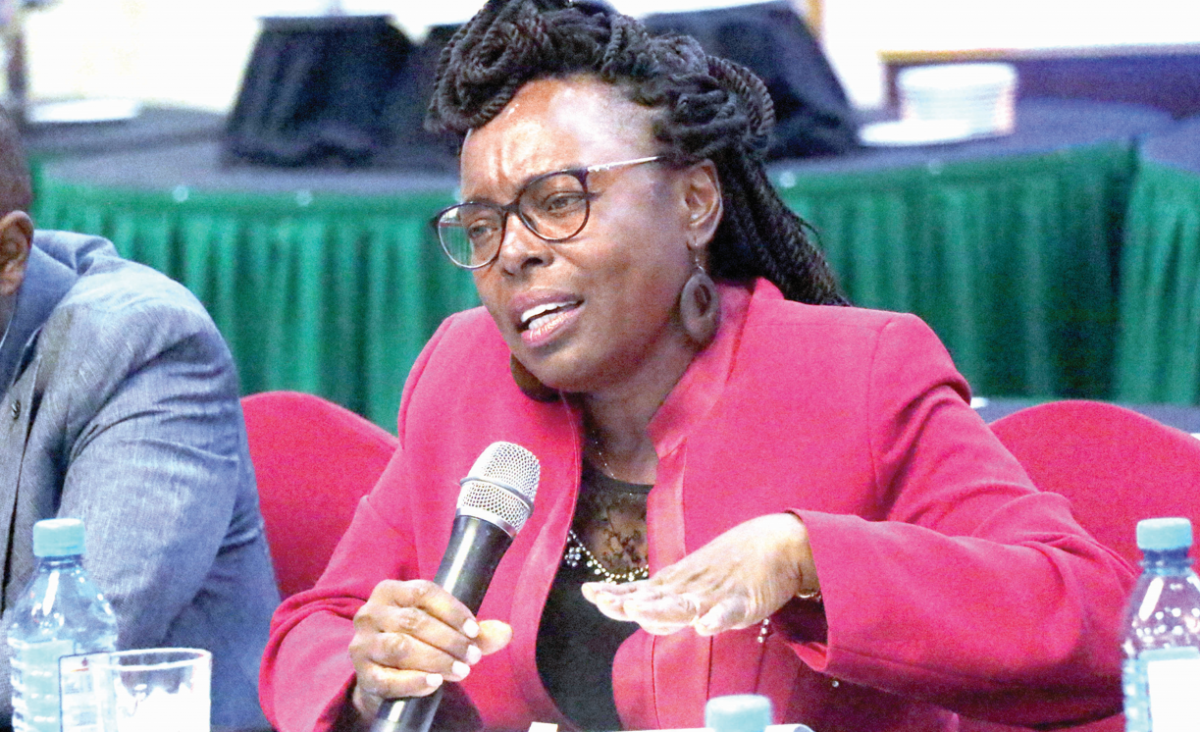Gender parity debate in a deep freezer for time being
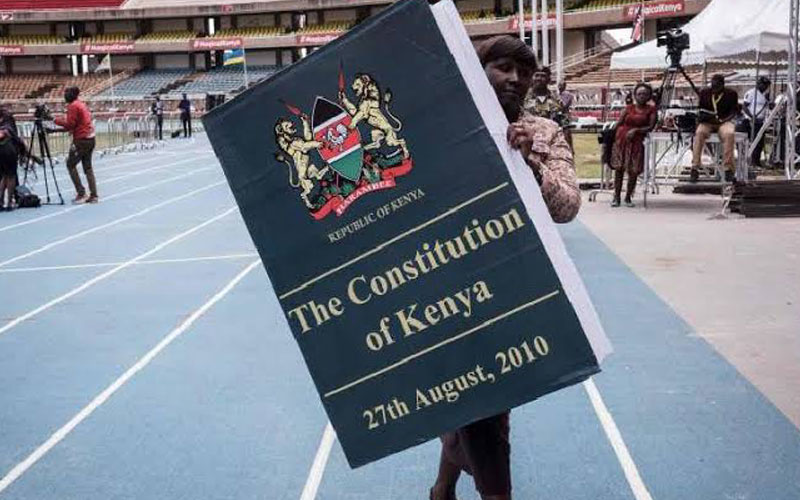
One issue that deserves a space in the Guinness Book of Records is the noisy divisive gender parity debate that seems endless in Kenya.
It has taken parliamentarians a record seven years and could take more time and years to deliberate on the possibility of enactment of a law that could have seen at least a third of the seats in the legislature occupied by one gender.
Female lawmakers, victims of the age-old disparity, accused male colleagues of thwarting efforts to enact gender parity into law.
Women constitute the largest voting bloc in the country but have remained the minority in the legislatures and other public institutions since independence in 1963.
Ironically, men constitute the majority of nominees for elective post even in female led political parties.
From the look of things the debate could be consigned to the deep freezer- thanks in part to the belated authoritative disclosure that balancing elected representatives in the legislative bodies is the responsibility of political parties not parliament.
None other than the National Assembly Speaker, Justin Muturi , a lawyer by training revealed that not anywhere in the constitution is it stated that parliament will enact a gender parity debate as insinuated by a section of the legislature and civil society organisations.
Muturi broke the long silence in one of the series of TV interviews on the achievements and shortcomings of the 10-year-old Constitution due for a review by a team of 14 appointed by President Uhuru Kenyatta and opposition leader, Raila Odinga.
It is not yet clear whether the Building Bridges Initiative taskforce tackled the controversial issue.
The Constitution states that not more than two thirds of elected leaders should be of the same gender.
Two elections have been held without an iota of evidence of bridging the gap in both chambers. That being the case, the matter should be referred to a referendum.
Before embarking on the debate, lawmakers including senior constitutional lawyers failed to detect the anomaly that almost cost them seats mid-term.
Gender balance is a right but is not achievable through an election. Only political parties can save the vulnerable groups including the neglected gender, Muturi said that much in a candid talk with a female Journalist.
Overhauling electoral laws is an inevitable option and easy way out of a fuss over nothing.
Proportional representation system is a solution not only to the gender parity but a remedy to a number of election related problems including poll costs and petitions after every election.
Voter bribery, ethnicity, chaos, and name-callings that characterize campaigns are things of the past in jurisdictions where proportional representation in which voters choose parties instead of belligerent individuals.
South Africa is a living of peaceful elections under the system where legislative chamber seat slots are allotted according to votes cast for each party whose irrevocable exhaustive list guides the polls agency that also posts party nominees to any of the electoral units in the country for a fixed term to articulate issues for the common good.
Party leaders worth the name should wake up form slumber and help steer the country out of a political quagmire and anxiety in election cycles.
The entities are supposed to espouse democratic ideals as opposed to complicity in dictatorial tendencies. The writer is a freelance Journalist — [email protected]
